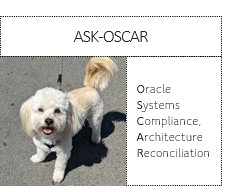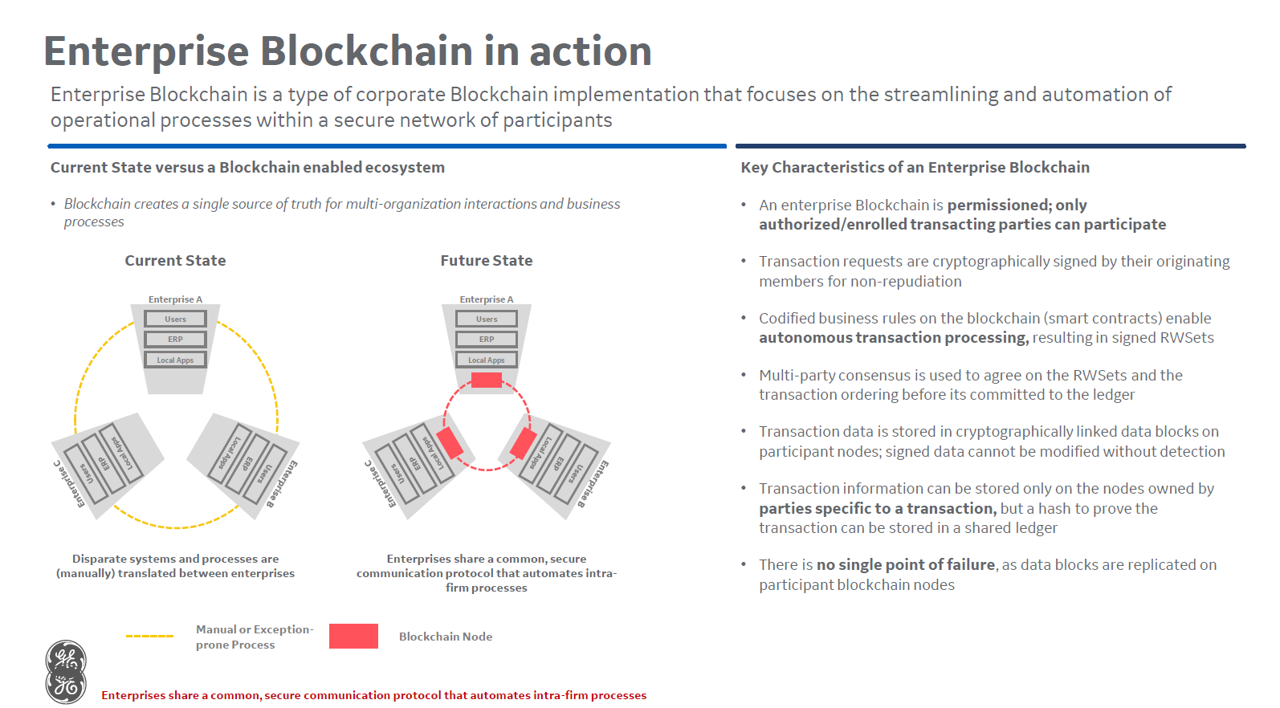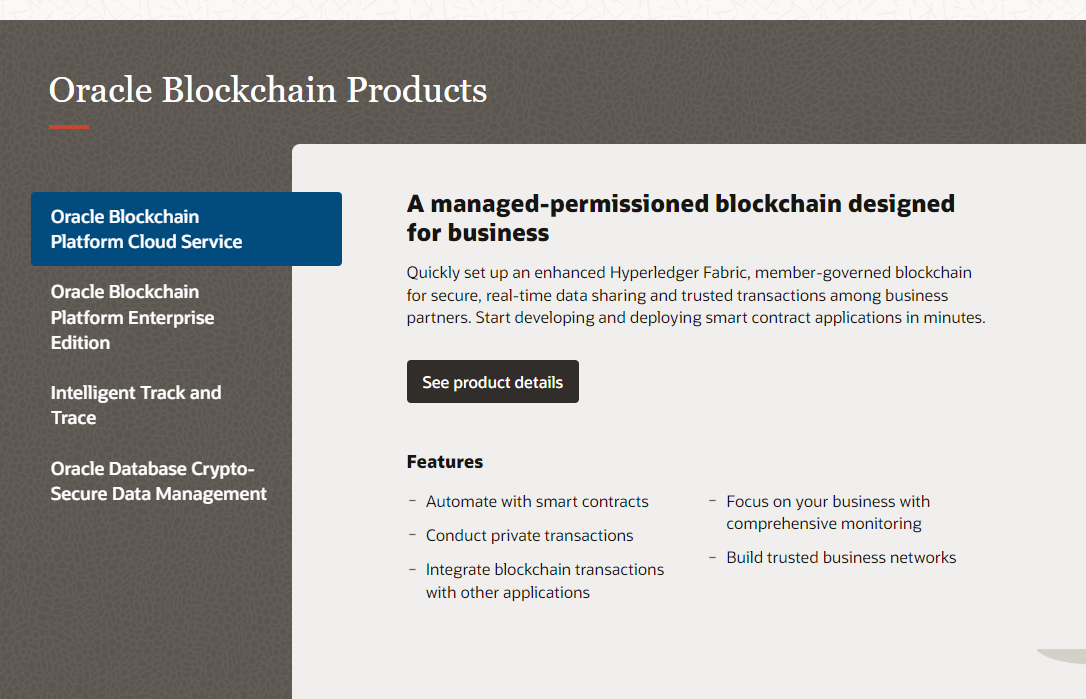There will be another follow-up in this series with Gary Crisci.
Oracle Blockchain for Intercomany with Gary Cisci - Session 3 Functional Discussion. Thu, Jun 30, 2022 8:00 AM - 9:00 AM (PDT)
https://meet.goto.com/624888253
Yes, the Oracle Bockchain Platform is robust and relatively cheap and easy to spin-up to "keep things honest"; but technology alone won't solve the Interco reconciliation challenge. Business process definitions and rules (contained in Smart Contracts) are still required. No change there; but the technology is ready.
We had another stimulating discussion prompted by Gary as he resumed his presentation last Thursday (June 9th). "Leave them wanting more" was the famous maxim of a bygone entertainer and our participants definitely want another session or two with Gary. They will be split between functional and technical themes. The next session on Thursday is the functional discussion. The technical review needs to be scheduled with the Oracle product manager.
We started with a brief discussion about the technology. A rabbit hole we peeked down; but decided to withdraw from for the moment while we switched focus to functional challenges. Gary explained a little more about the GE Proof Of Concept. Getting the Oracle Blockchain Platform ready was simple enough. It was clear that any success in moving to the next stage was heavily dependent upon engagement by the business for defining the multiple and various Intercompany process flows which, in turn, would be represented in Smart Contracts. (Meanwhile, GE was planning its recently announced 3-way corporate split which was a key factor in putting the Blockchain strategy adoption on-hold.)
RULES DEFINITION BY THE BUSINESS. That resounded with each of the participants on the call who themselves have developed solutions. Each could relate similar struggles with rules definition and how they were overcome. The folks from Virtual Trader, Promatis and COMRUEN all agreed that other (Oracle) technologies do work too; and that rule definition is key for a successful project and happy clients. RPA and related challenges was touched upon for other business processes and inherent steps/stages
So, Smart Contracts are another method for solving the Intercompany problem and might complement existing solutions which have already solved the rules definition. Distributed Ledger Technology keeps transactions "honest". We can appreciate how they are great for capturing the "how" and "when". The hard part FOR BUSINESS and therefore us as partners, is defining the "what" (and probably "where") for the stages through which transactions transition.
The group touched on how Oracle ERP's Intercompany solution for shipments has a clearly defined framework that gives the required control (and some might add desired rigidity) for business. AGIS is available too. However, within the same instance, and especially across platforms ("hybrid" architecture), things can still get out-of-synch: AR/sender in Period 1; but AP/receiver in next period (with different exchange rate). That's where Gary's model (see below) can be recommended no matter which technology is used. Use a shared hub rather than spinning your wheels between all the involved parties' systems. Maybe let the ERP do the high-volume shipment type interactions and concentrate on the other flows(?)
Another interesting topic was analytics. Having so many transactions zipping around, how do auditors and the Interco teams at Corporate HQ pick up exceptions, track end-to-end and reconcile? Gary explained how Oracle Blockchain Platform includes a Datapump that updates a Datawarehouse instance which can even utilize Blockchain tables. This environment would be a copy for report staging while transactions would flow without interruption or performance degradation in the main Blockchain environment. Another plus for Oracle's offerering (according to Gary).
Since the call, a smaller breakout group of CelantraSystem associates had a vigorous exchange as to whether the technology replaces existing solutions... Or, perhaps, can it enhance them? The thought arose that Blockchain DLT acts as a "notary" for tracking each stage of a transaction. This spawned the question as to where the single, shared truth should be stored and how to access it. Central database? Blockchain seems ideal for this.
Also, do we even need to use the mechanism for all Intercompany. For example, let Oracle ERP handle those high-volume shipping transactions (within the same environment) and only manage cross-platform and other low-volume, non-shipping transactions. Just a thought... One of many.
Gary's presentation suggests there is a role for DLT to play; the participants were left thinking how it could be incorporated into their existing solutions. Business rules are clearly the challenge. Hopefully, our collaboration during these series of calls might lead to a common approach. Consider the typical flows: Head Office recharges; Cross-charges within Group; Recurring non-product charges; Why stop there? Consignments with third-party vendors... Etc...
More to follow... Watch this space




Comments